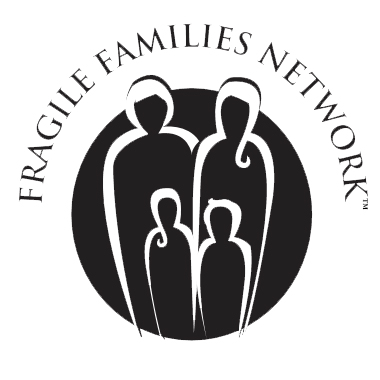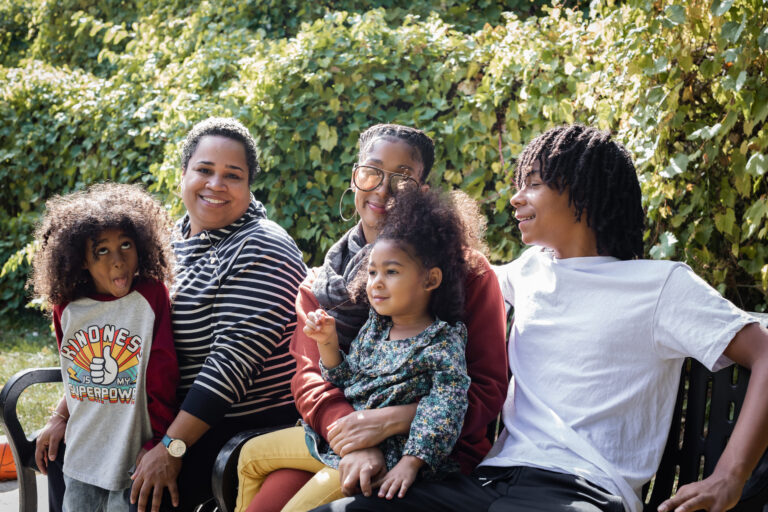Embracing New Roles in Times of Crisis

Grandfamilies possess an enduring strength and adaptability to provide care for their relative’s children and youth. of caregiving relatives. Grandfamilies are formed for a variety of reasons. Whether due to death, disability, or drug abuse, grandfamilies exemplify the resilience of relatives stepping in to provide a nurturing environment for children and youth when their biological parents are unable to do so.
The Formation of Grandfamilies: A Response to Crisis
Grandfamilies are created when grandparents, aunts, uncles, older siblings, cousins or even close family friends (fictive kin) take on the primary caregiving role for children. Following are three situations that result in the formation of a grandfamily:
- Death: The loss of a parent due to illness, accident, or violence can leave children and youth without immediate caregivers. In such heartbreaking moments, grandparents and other relatives often step forward to provide stability and continuity, ensuring that the children remain connected to their familial roots.
- Disability: When parents face debilitating physical or mental health conditions, they may be unable to fulfill their parenting duties. Relatives often take over, ensuring that the children receive the necessary care and support while maintaining familial bonds.
- Drug Abuse: The opioid crisis and other substance abuse epidemics have had a devastating impact on many families. Parents struggling with addiction may become incapable of providing a safe and stable environment for their children. In these cases, grandparents and other relatives frequently step in to shield the children from the associated dangers and disruptions.
Resilience and Adaptability of Caregiving Relatives
The decision to take on the role of primary caregiver is not made lightly. It requires resilience and adaptability. Relatives must often navigate a host of challenges, including:
- Legal and Financial Hurdles: Gaining legal custody or guardianship can be a complex and expensive process. Additionally, many caregiving relatives face financial strain, particularly if they are on fixed incomes or nearing retirement.
- Emotional and Psychological Stress: The sudden shift in family dynamics can lead to emotional and psychological stress for both the caregivers and the children. Caregiving relatives must manage their own grief or anxiety while supporting the children through their trauma.
- Health and Energy: Older relatives, especially grandparents, may struggle with the physical demands of raising young children. Balancing their own health needs with the responsibilities of caregiving can be a significant challenge.
Despite these obstacles, relatives draw on deep reserves of love, patience, and commitment to provide a stable, nurturing environment for the children and youth in their care. Their adaptability is evident in their willingness to learn new parenting skills, seek out resources and support, and make personal sacrifices to ensure the well-being of the children.
The Impact of Grandfamilies
The formation of grandfamilies has far-reaching implications, both for the children and their caregiving relatives. For the children, staying within their extended family network can provide a sense of security and continuity. It helps preserve cultural and familial connections, which are vital for their identity and emotional development.
For the caregivers, taking on this role can be both rewarding and challenging. Many report a renewed sense of purpose and fulfillment in their caregiving responsibilities. However, they also need support and resources to manage the additional demands placed upon them.
Supporting Grandfamilies
Recognizing the critical role that grandfamilies play in society, various organizations and community groups are dedicated to providing support and resources. These include:
- Legal Assistance: Helping caregivers navigate the legal system to secure custody or guardianship.
- Financial Support: Offering grants, subsidies, and other financial assistance to alleviate economic pressures.
- Emotional and Social Support: Providing counseling, support groups, and respite care to address emotional and psychological needs.
- Educational Resources: Offering parenting classes, educational materials, and workshops to help caregivers adapt to their new roles.
Grandfamilies are a powerful illustration of the resilience and adaptability inherent in familial bonds. When faced with crises such as death, disability, or drug abuse, caregiving relatives step up to provide love, stability, and continuity for children in need. Their unwavering commitment and strength are a beacon of hope, demonstrating that even in the most challenging times, the enduring spirit of family can prevail.
©2024 Fragile Families NETWORK







